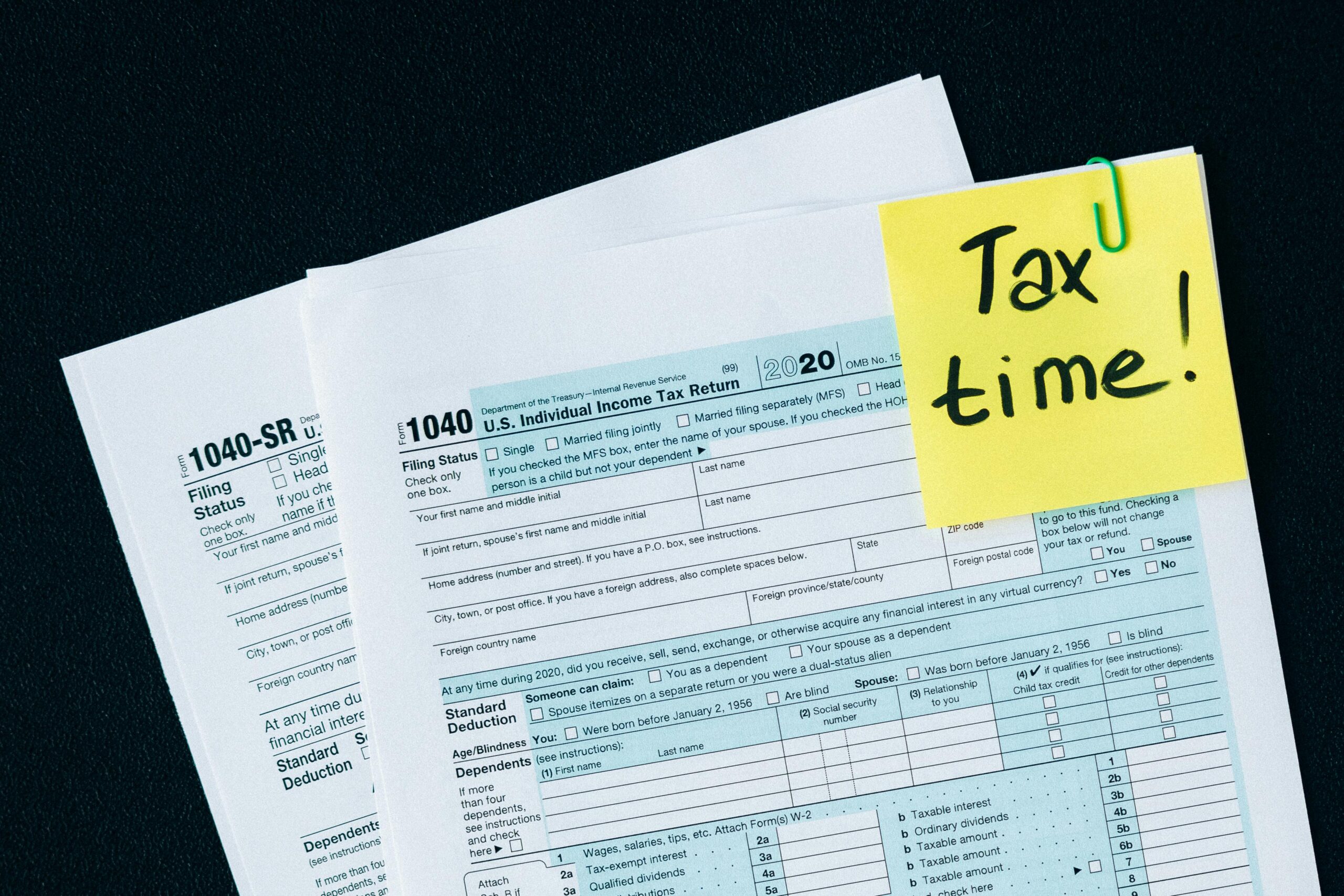While financial planners and accountants or tax preparers don’t overlap when it comes to services, they do both contribute to your financial future. As we prepare for tax season, here are some of the materials you’ll need to collect for your tax preparation – with a special focus on the documents that may come out of your work with your personal financial planner.
Basic Documents & Information
There are a number of basic documents and information that are needed to prepare your taxes:
- Your personal identification information as well as that of anyone else covered by your return (spouse, dependent children, etc.)
- Previous years’ returns as well as any pertinent estimated tax payments (1040-ES) from the year or unpaid tax information
- Income documentation in the form of W2s or 1099s as well as savings or interest documents from any investments
- Documents pertaining to specific deductions (i.e. home mortgage, childcare expenses, business expenses, donations, healthcare expenses, etc.)
Retirement Plan Distributions*
Form 1099-R is a specific IRS form related to IRA, pension, or annuity distributions. This includes any required minimum distributions for those of age. If you completed a Roth conversion in the previous year or took and RMDs, they will be reported in this form and need to be considered in tax prep.
Roth Conversions*
If you completed a Roth conversion last year, you’ll receive a Form 1099-R, which reports the distribution from your traditional IRA. If you made a nondeductible IRA contribution before converting—often called a Backdoor Roth conversion—it’s important to let your tax professional know so that they can file appropriately. While the IRS requires Form 8606 to track any nondeductible contributions and report any Roth conversions, your tax professional will generate this form when preparing your return.
IRA Contributions*
If you contributed to a Traditional or Roth IRA, your custodian will report it on Form 5498. However, this form is not required for tax filing and is usually issued after the tax deadline. IRA contributions are typically reported directly on your tax return. If you made nondeductible contributions, be sure to inform your tax professional, as Form 8606 will be needed for proper tracking.
Tax Loss Harvesting*
If you sold investments at a loss to offset gains (a strategy known as tax loss harvesting), these transactions will be reported on your Form 1099-B, provided by your brokerage firm. This form details capital gains and losses from investment sales, which must be reported on Schedule D of your tax return.
Gift Documentation*
Form 709 is a common tax form used to report gifts above the annual exclusion amount. If gifting is an active part of your financial plan, make sure to cover any gifts from the previous year as part of your tax preparation.
Other Documents*
In addition to the above, it’s important to share any additional documents that may be pertinent, including but not limited to:
- Form SSA-1099 indicating social security income
- State refunds
- Any non-traditional income (gambling, royalties, prizes, etc.)
- Property purchase or sale details
- Form 1095-A if you have health insurance through the exchange
- Form 5498-SA showing HSA
*These documents may be included as part of your financial planning work with a certified financial planner. Make sure to reach out to them to get any documentation that should be passed on to your accountant or tax professional.

